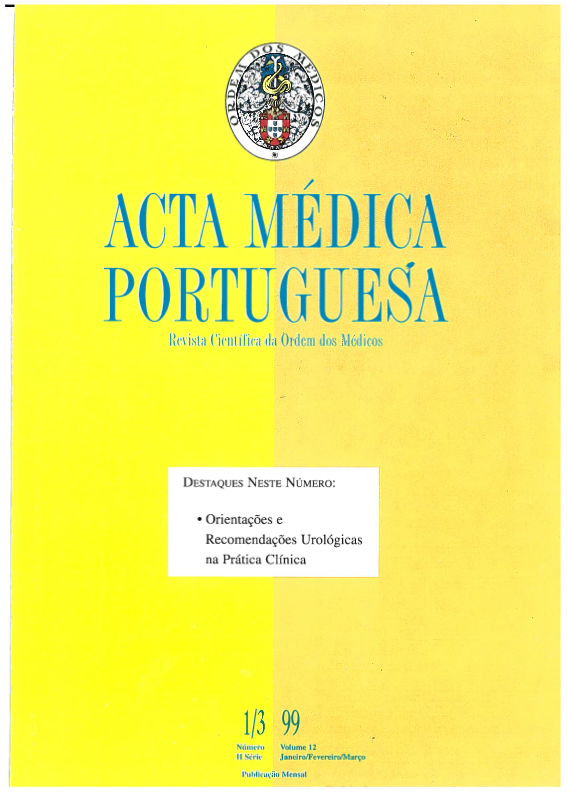Urinary lithiasis.
DOI:
https://doi.org/10.20344/amp.2122Abstract
The introduction of extracorporeal shock wave lithotripsy (ESWL) and the development of "minimally invasive" endourological procedures have completely changed the management of urinary calculi. Nevertheless, some aspects in this field still remain controversial. Conservative management is the first option, when the stone can pass spontaneously. The majority of the patients can be successfully treated with ESWL without anaesthesia and in an ambulatory setting or with a 24 H admission. ESWL failures (1 to 2%) and some difficult calculi (cystine calculi, staghorn calculus, stones of great volume and some ureteral stones) can benefit with endourological or percutaneous procedures alone or in association with ESWL. The classical indication for open surgery has changed significantly and surgery is now considered only in some difficult cases and with the failure of minimally invasive procedures. Uric acid calculi, that usually respond to medical treatment, must be treated with alkalinization therapy as the first option.Downloads
Downloads
How to Cite
Issue
Section
License
All the articles published in the AMP are open access and comply with the requirements of funding agencies or academic institutions. The AMP is governed by the terms of the Creative Commons ‘Attribution – Non-Commercial Use - (CC-BY-NC)’ license, regarding the use by third parties.
It is the author’s responsibility to obtain approval for the reproduction of figures, tables, etc. from other publications.
Upon acceptance of an article for publication, the authors will be asked to complete the ICMJE “Copyright Liability and Copyright Sharing Statement “(http://www.actamedicaportuguesa.com/info/AMP-NormasPublicacao.pdf) and the “Declaration of Potential Conflicts of Interest” (http:// www.icmje.org/conflicts-of-interest). An e-mail will be sent to the corresponding author to acknowledge receipt of the manuscript.
After publication, the authors are authorised to make their articles available in repositories of their institutions of origin, as long as they always mention where they were published and according to the Creative Commons license.









